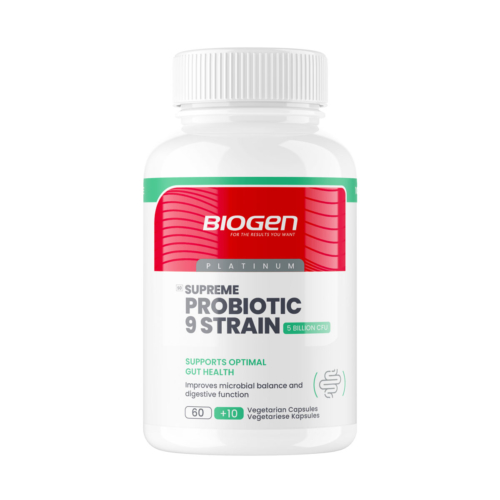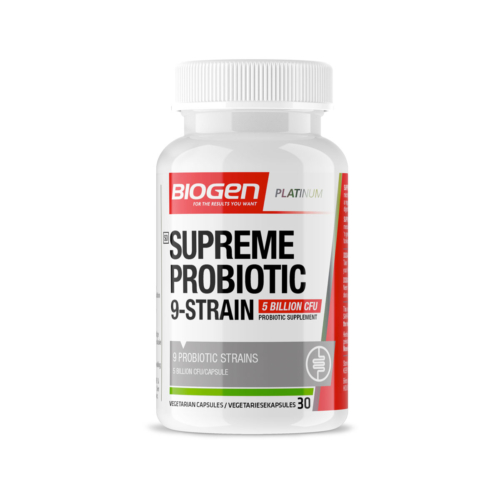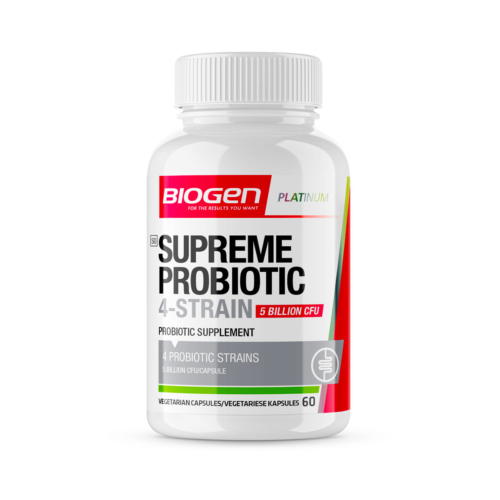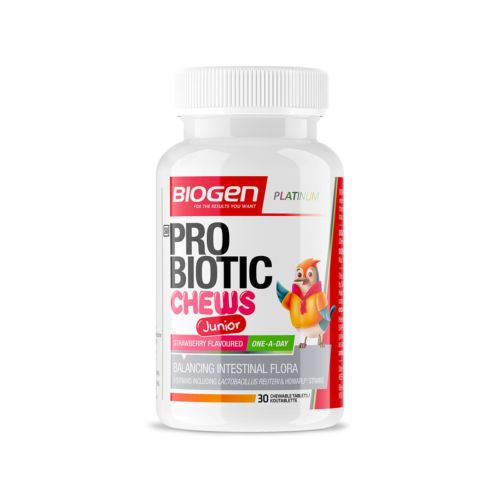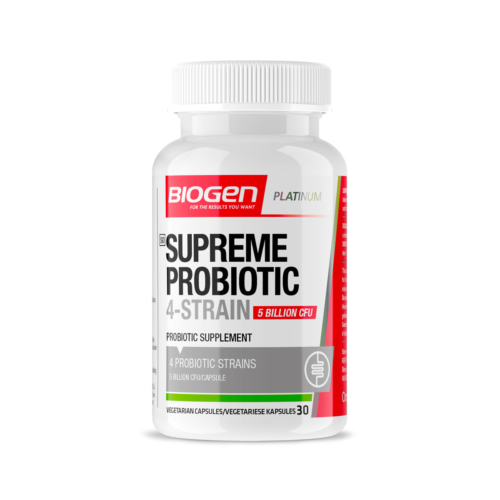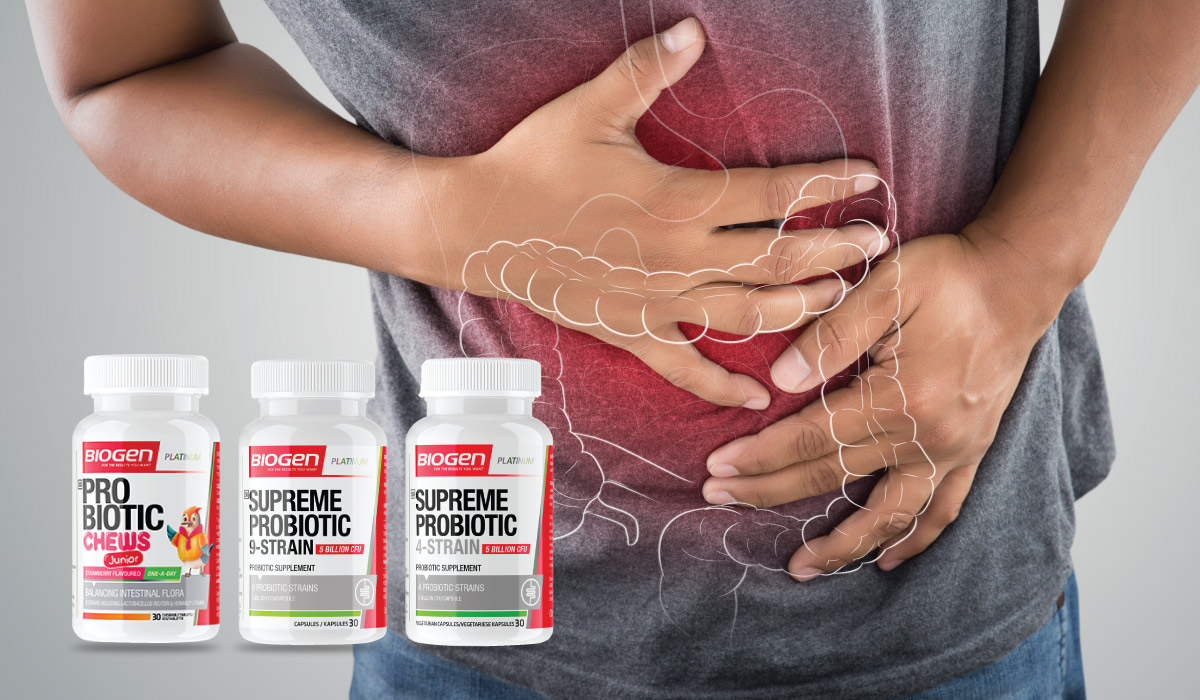
Probiotic Bacteria can be supplemented with Probiotic products as a targeted way to improve your gut health.
These products help to repopulate the beneficial (and essential) bacteria that live in our gut and, depending on the product, add important diversity to these bacteria colonies.
And diversity matters when it comes to optimal gut health and function because it ensures that our microbiome remains resilient, adaptable and robust.
The living microbiome
It is estimated that there are trillions of probiotic bacteria in a healthy gut microbiome, representing over 50 genera and over 500 different species.
But we lose probiotics as they naturally die off and due to various other factors. These include a lack of diversity in the foods we eat, eating poor quality foodstuffs like processed and refined products and sugar, excessive stress, exposure to toxins and chemicals, as well as antibiotic overuse, and medical treatments such as radiation and chemotherapy.
The combination of these factors can create an imbalance in the gut microbial community and an increase in pro-inflammatory species – a condition known as dysbiosis. This condition is associated with various gastrointestinal symptoms that can lead to various diseases.
Support your microbiome with a probiotic supplement
For these reasons, including a probiotic supplement in our daily nutrition plan is often a necessary step to support our microbiome and gut health. Even people who eat a wide variety of plant-based foods and, as such, usually have a more diverse gut microbiome, can benefit from supplements.
The benefits associated with a well-populated and diverse microbiome include better digestion and metabolic function, enhanced immunity and allergy prevention, and improved skin, urinary tract and oral health.
Diversity in your microbiome delivers these benefits because different probiotic bacteria fulfil specific roles. As such, a product with a diverse range of strains and a high load or bacterial count offers the best potential benefits when used regularly.
Multi-strain products are best
For example, the range of probiotic products available from Biogen offer various combinations suitable for adults and children.
Products like Biogen Supreme 9 Strain and Biogen Supreme 4 Strain probiotic supplements deliver 5 billion or more colony forming units, or CFUs, which is the measure of the total amount of probiotic bacteria per serving.
And, as the names suggest, these products contain either nine or four probiotic strains, including:
Biogen Probiotic Chews offer a suitable product for use by children to potentially improve and restore the microbial balance in the intestines and improve digestive tract function when ingested on a regular basis.
Specifically formulated for kids, this probiotic product contains 9 probiotic strains, including Lactobacillus reuteri and Lactobacillus gasseri, as well as various other strains contained in the other products mentioned (Lactobacillus acidophilus, Lactobacillus rhamnosus, Lactobacillus casei, Bifidobacterium lactis, Bifidobacterium bifidum, Bifidobacterium longum).
Lactobacillus reuteri
Supports gut and general health in various ways. These include producing antimicrobial molecules, such as organic acids, ethanol, and reuterin, which keeps pathogenic microbes in check. Some strains can also reduce the production of pro-inflammatory cell-signalling substances called cytokines while promoting immune cell development and function. Lactobacillus reuteri also strengthens the intestinal wall to possibly help address issues such as gut permeability and leaky gut syndrome.
Lactobacillus salivarius
Plays a role in immunity by producing a broad-spectrum of potent molecules that combat food-borne pathogens in the digestive. Lactobacillus salivarius may also help to prevent or treat various health conditions.


